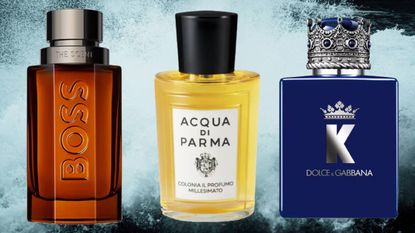Beauty
The latest Beauty breaking news, comment, reviews and features from the experts at T3
Explore Beauty
-
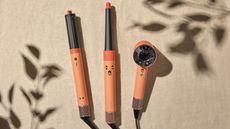
Dyson refreshes entire haircare range with its 2026 summer colourway
The new finish is inspired by summer solstice
By Lizzie Wilmot Published
-
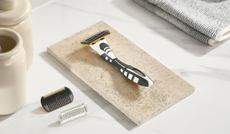
BIC Flex 5 Trim & Shave review: a practical manual razor with a few tricks up its sleeve
A 2-in-1 razor that might get you to dump the electric
By Max Slater-Robins Published
-

Best men’s fragrances and colognes 2026: find your signature scent or a meaningful gift
Find the best men's fragrances, including classics from Hugo Boss, Tom Ford, Chanel and more
By Bethan Morgan Last updated
-
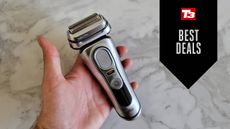
This Braun electric shaver is the best we’ve ever tried – and it’s now £260 cheaper
T3’s favourite electric shaver hits all-new low price – here’s why you should buy it
By Bethan Morgan Published
-
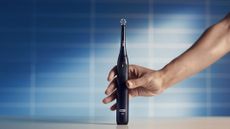
The only Oral-B electric toothbrush upgrade you need is at its lowest-ever price on Amazon
It's dropped by a huge 60%
By Lizzie Wilmot Published
-
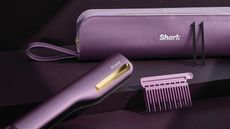
Shark Beauty unveils first-ever air straightener – and I got to try it before anyone else
This has completely changed the game
By Lizzie Wilmot Published
-
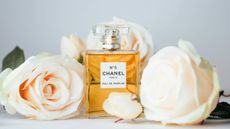
Valentine’s Day 2026: 30 last minute fragrances gifts for men and women
T3’s favourite Valentine’s Day fragrances to buy for him or her
By Bethan Morgan Published
-
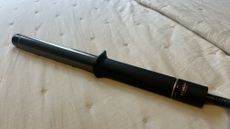
Revamp Effortless Curls Extra-Long Ceramic Tong review: an affordable curler that outperforms its price tag
Find out why this has quickly become one of my favourite hair stylers
By Lizzie Wilmot Published
-

BIC’s new 2-in-1 shaver is precise, affordable and so much more than a disposable shave
BIC debuts first-ever 2-in-1 trimmer and shaver
By Bethan Morgan Published
-
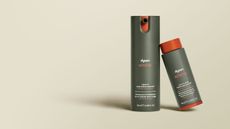
Dyson's first-ever scalp serum has arrived – here's why it's my favourite formulation so far
Dyson Amino is a leave-in bubble treatment focused on scalp health
By Lizzie Wilmot Published
-
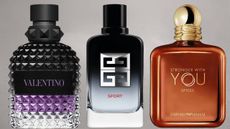
9 best men’s fragrance launches from January 2026 – spicy, soft scents you should know about
From Valentino to Givenchy, here’s 9 fragrances from January 2026 to look out for
By Bethan Morgan Published
-
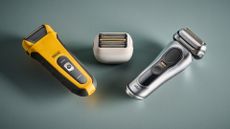
Best electric shaver 2026: top grooming options from Braun, Philips and more
Reduce stubble to rubble with the best electric shavers from Braun, Philips and other brands
By Lizzie Wilmot Last updated
-

Best women's perfumes and fragrances 2026: hit the right notes
Find the best women's perfumes, from sweet and decadent to exotic and green
By Bethan Morgan Last updated
-
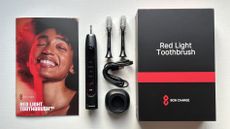
Bon Charge Red Light Toothbrush review: best oral care innovation in years or money-grabbing gimmick?
Does exposing your gums to red light therapy while you brush really reduce inflammation?
By Joanna Ebsworth Published
-
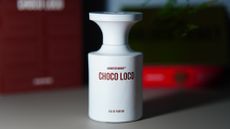
I tested Born to Stand Out Choco Loco – and I've never wanted to eat myself more
Ever wanted to smell like the most decadent hot chocolate? Now you can
By Sam Cross Published
-

Acqua di Parma kicks off its 110th birthday with an exclusive scent and Michael Fassbender
The brand is reminding us about the Art of Living Italian
By Sam Cross Published
-

Best body groomer 2026: find the top manscapers on the market
Find the best body groomers and the best manscaping groomers for your back, torso, downstairs and everywhere else...
By Lizzie Wilmot Last updated
-

This futuristic hair dryer has two robotic arms to analyse your hair before styling
It's a part of Dreame’s biggest CES launch ever
By Lizzie Wilmot Published
-

Acqua di Parma celebrates the Lunar New Year with limited edition packaging
It centres on an unexpected fragrance, and was designed by Lea Woo
By Sam Cross Published
-
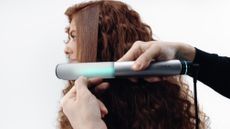
L’Oréal’s new multi-styler promises healthier hair with glass plates and infrared technology
The Light Straight + Multi-styler is full of forward-thinking technologies
By Lizzie Wilmot Published
-

Best LED face mask 2026: luxury beauty tech for brighter, healthier skin
Tackle all your skincare concerns
By Lizzie Wilmot Last updated
-
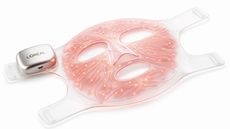
L’Oréal’s first-ever LED face mask is coming – and it’s all about personalised skincare
If you couldn't tell, I'm very excited about this one
By Lizzie Wilmot Published
-
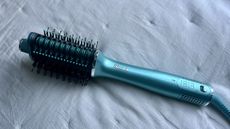
Shark Glossi 2-in-1 Hot Tool review: an easy, lightweight alternative to a multi-styler
The brand's latest hair tool has landed on my desk for testing
By Lizzie Wilmot Published
-

Didn't get an LED face mask for Christmas? These 3 options are still reduced in the January sales
Grab one before it's too late
By Lizzie Wilmot Last updated
-

I test men's fragrances for a living – these are my top picks from the early January sales
Hot picks from Ralph Lauren, Versace, Maison Margiela and more
By Sam Cross Published
-
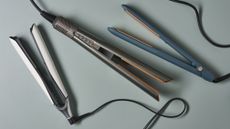
Best hair straighteners 2025: for sleek, frizz-free hair
Our top picks for envy-worthy locks
By Lizzie Wilmot Last updated
-
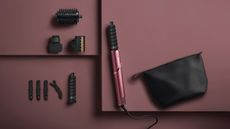
Shark just launched its FlexStyle in a stunning burgundy winter edition
It would make the perfect Christmas gift for any beauty lover
By Lizzie Wilmot Published
-
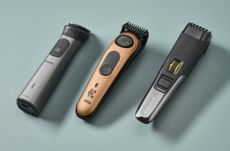
Best beard trimmer 2026: premium shavers for stubble, short and long beards
Find the best beard trimmers, clippers and shapers to maintain a well-tended beard or on-trend stubble
By Bethan Morgan Last updated
-

Shark FacialPro Glow review: incredible at-home skincare with professional results
Does this clever skincare gadget deliver? (Spoiler: yes)
By Lizzie Wilmot Published
